Plenary sessions
Sunday Opening Plenary Session with Gold Medalists, Leader in Innovation Awards and Dotter Lecture | March 5, 10:30 a.m. - noon
Presentation by Dr. Williams S. Rilling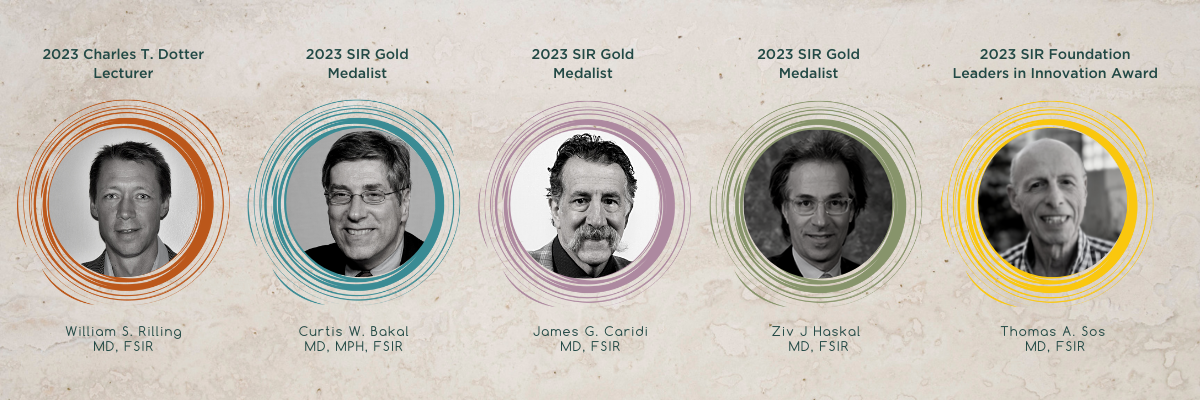
Monday Plenary Session with SIR Foundation Awards recognition | March 6, 10:30 a.m. - noon
Presentation: From ATTRACT to C-TRACT to PE-TRACT – how three IR-led landmark trials will define Venous Thromboembolism care and elevate our specialty
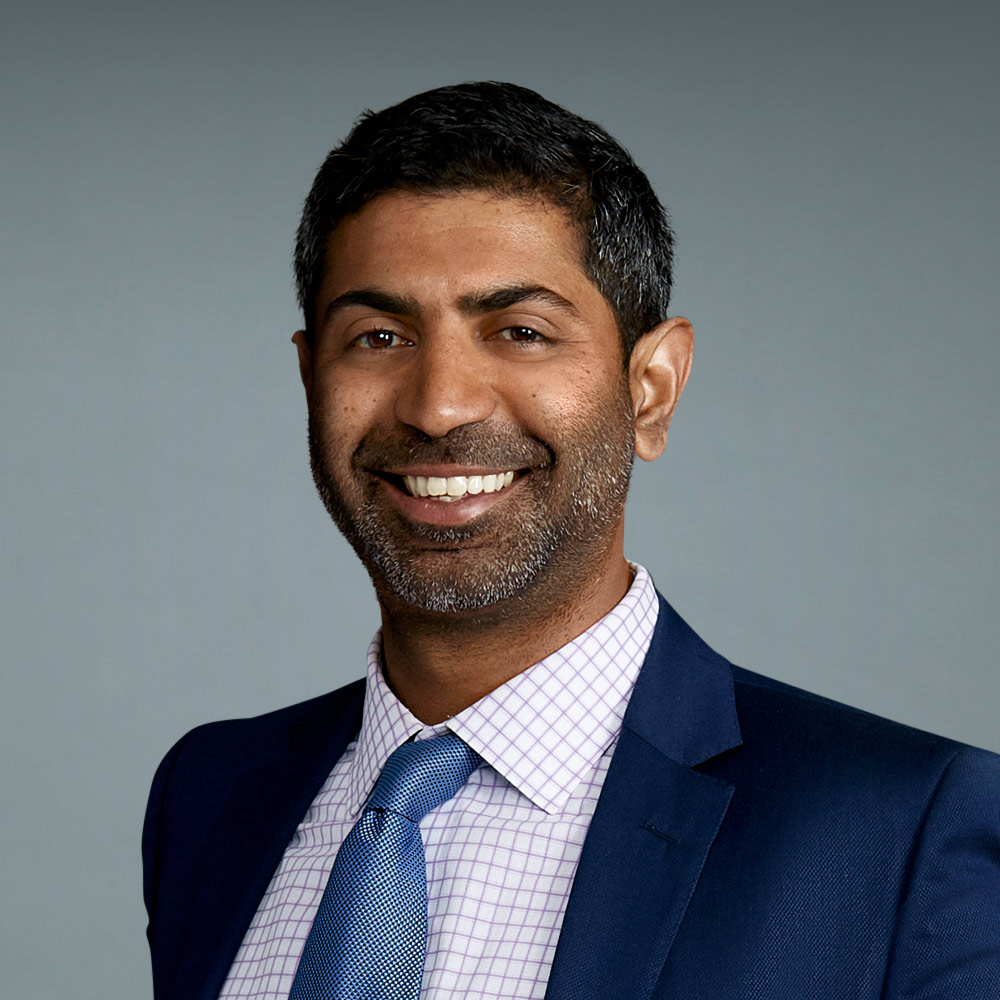
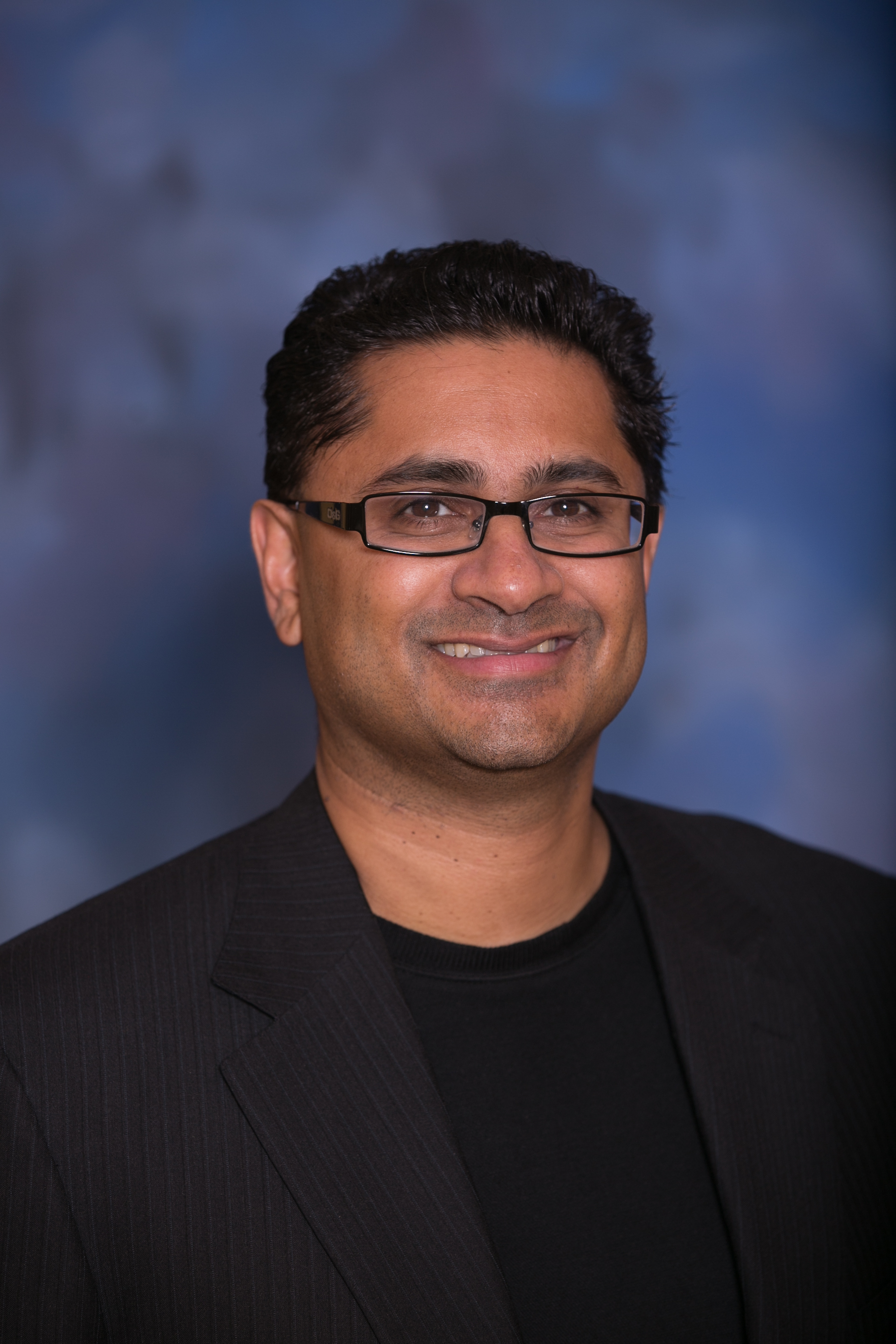
Moderators: Akhilesh K. Sista, MD, FSIR and Suresh Vedantham, MD, FSIR
The new NIH-funded, IR-led PE-TRACT Trial is poised to define the future of PE care . . . and to do so much more! But how did it come to be? Not without the trail blazed by ATTRACT and C-TRACT. Come hear how these three trials are transforming patient care through the rigorous study of new VTE therapies, and how they create future opportunities for innovation and IR leadership in VTE and beyond.
Panelists:
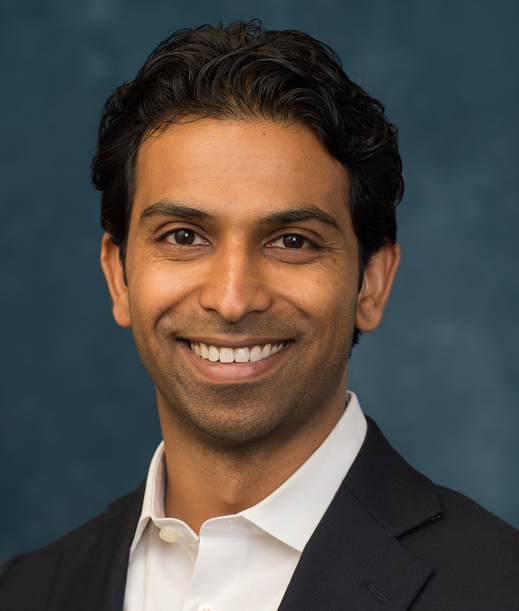
Yogen Kanthi, MD, Lasker Clinical Research Scholar, Vascular Thrombosis and Inflammation, NHLBI in Bethesda, MD completed his residency training Internal Medicine at University Hospitals Case Western Reserve University, and served as the Department's Chief Medical Resident in 2008, after which he joined the University of Michigan for a Cardiovascular Medicine and a Vascular Medicine fellowship. Dr. Kanthi did an NIH-funded post-doctoral research fellowship with Dr. David J. Pinsky in vascular biology focused on mechanotransduction and atherosclerosis in arteries.
Following his research fellowship, he did a year of dedicated clinical vascular medicine training during which he recognized the need for advancement in treatments for patients with venous thrombosis (DVT) and peripheral artery disease (PAD). Dr. Kanthi joined the faculty of the University of Michigan in 2014, and has made DVT and PAD the focus of his translational research laboratory. As a faculty member, he has been awarded a Young Physician Scientist Award by the American Society of Clinical Investigation. His academic interests focus on understanding the pathological processes that lead to innate immune activation in venous thrombosis, vein graft disease, and mechanotransduction in the vessel wall. Dr. Kanthi is board certified in Cardiovascular Medicine.
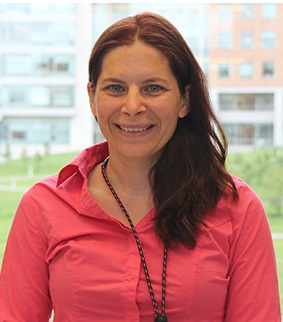
Julie Mackel, BS, has been a Lead Reviewer in the FDA since 2017 (Plaque Modifications Team, Food and Drug Administration (FDA), Center for Devices and Radiological Health (CDRH), Office of Product Evaluation and Quality (OPEQ), Office of Cardiovascular Devices (OHT2), Division of Coronary and Peripheral Interventional Devices (OHT2C)). Prior to coming to the FDA, Ms. Mackel received her B.S. in Biomedical Engineering from the University of Maryland in 2004. After graduation, Ms. Mackel worked in various government, non-profit, academic, and private sector research, development, testing, and engineering (e.g., Duke University School of Medicine, National Institutes of Health) and has co-authored 11 peer-reviewed scientific publications.
Ms. Mackel joined FDA in 2017 and currently serves as a lead reviewer and technical consultant to provide critical regulatory and scientific input on numerous cardiovascular devices such as balloon catheters, chronic total occlusion (CTO) crossing devices, atherectomy devices, thrombectomy devices, inferior vena cava (IVC) filters, and infusion catheters. Ms. Mackel also specializes in reviewing and providing guidance for catheter devices for the treatment of pulmonary embolism and deep vein thrombosis (e.g., mechanical thrombectomy, catheter-directed thrombolysis).
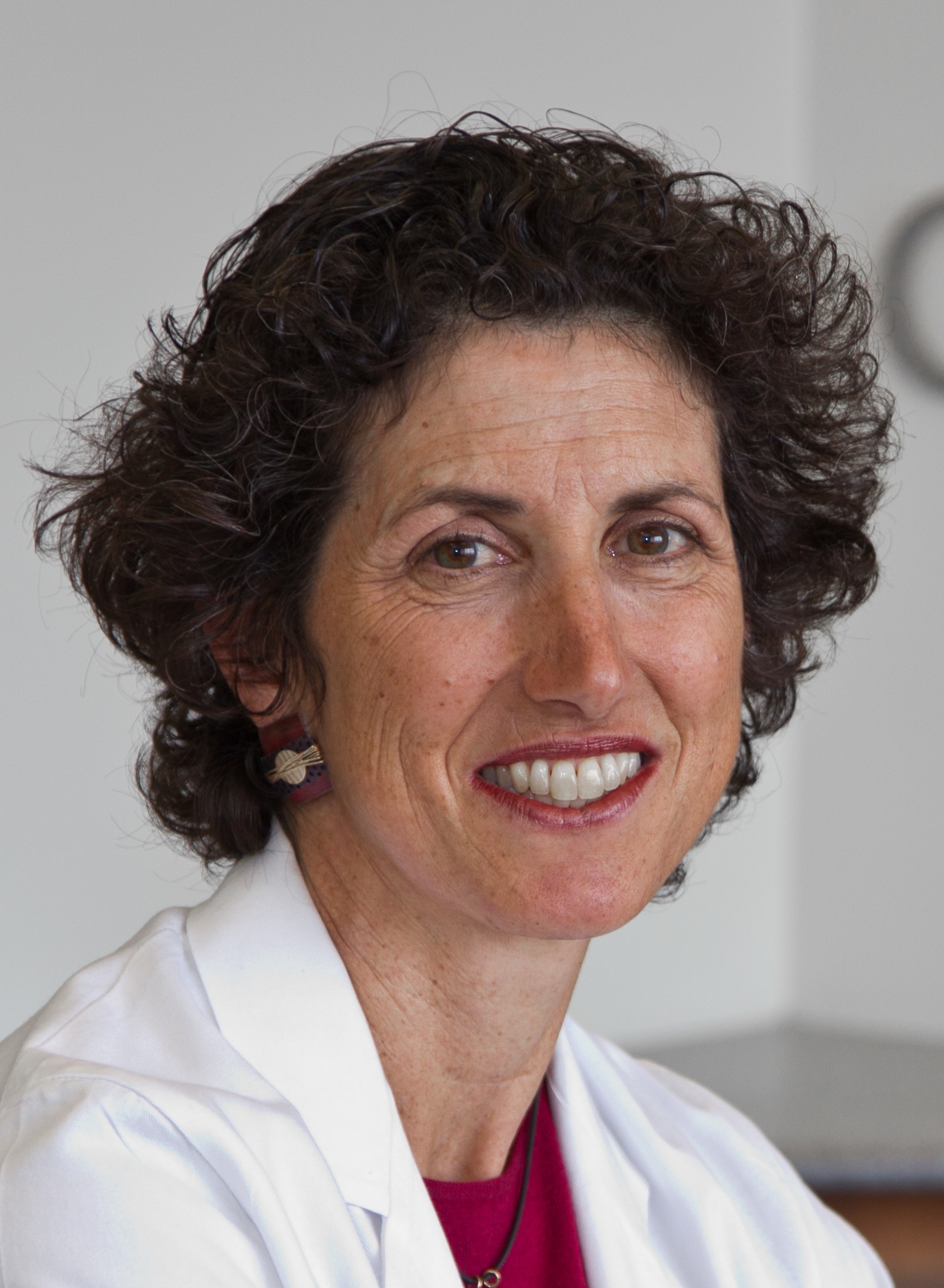
Rita F. Redberg, MD, MSc, is a cardiologist and Professor of Medicine at the University of California, San Francisco since 1990 and Core Faculty, Philip R Lee Institute for Health Policy Studies. Dr. Redberg is the Chief Editor of JAMA Internal Medicine (formerly Archives of ) since 2009 and has spearheaded the journal’s new focus on healthcare reform and “less is more”, which highlights areas of healthcare with no known benefit and definite risks. Her research interests are in the area of health policy and technology assessment and how to promote high-value care, focusing on high-risk medical devices as well as the need for the inclusion of women in clinical trials of such devices.
Dr. Redberg recently completed a 6-year term on the Medicare Payment Advisory Commission, which advises Congress on Medicare payment issues. She also served on the Medicare Evidence, Development and Coverage Advisory Committee from 2003-2006 and was reappointed as Chairwoman from 2012 - 2016. Dr. Redberg is a member of the California Technology Assessment Forum, the Medical Policy Technology and Advisory Committee, Blue Cross Blue Shield Medical Advisory Panel and served on the Food and Drug Administration Cardiovascular Devices Expert Panel.
She has collaborated with the ESC Regulatory Affairs committee on joint EU – US efforts to improve the regulatory approach for medical devices to optimize safety, effectiveness and innovation. Dr. Redberg has given Congressional testimony multiple times in hearings related to the issue of balancing safety and innovation in medical device approvals. She worked in the office of Senator Hatch and with the Senate Judiciary Committee on FDA-related matters during her tenure as a Robert Wood Johnson Health Policy Fellow, 2003-2006.
Dr. Redberg was elected to the National Academy of Medicine (formerly Institute of Medicine, IOM).
Dr. Redberg has authored several books, including You Can Be a Woman Cardiologist, Heart Healthy: The Step-by-Step Guide to Preventing and Healing Heart Disease, and Betty Crocker Cookbook for Women: the Complete Guide to Women’s Health and Wellness at Every Stage of Life. She has done hundreds of radio, television and newspaper interviews on health-related topics, including being featured in The New York Times, Wall Street Journal, USA Today, National Public Radio and the Today Show. Dr. Redberg graduated from Cornell University and the University of Pennsylvania Medical School and has a Master of Science in Health Policy and Administration from the London School of Economics.
Tuesday Film Panel Plenary Session with JVIR Awards recognition | March 7, 10:30 a.m. - noon
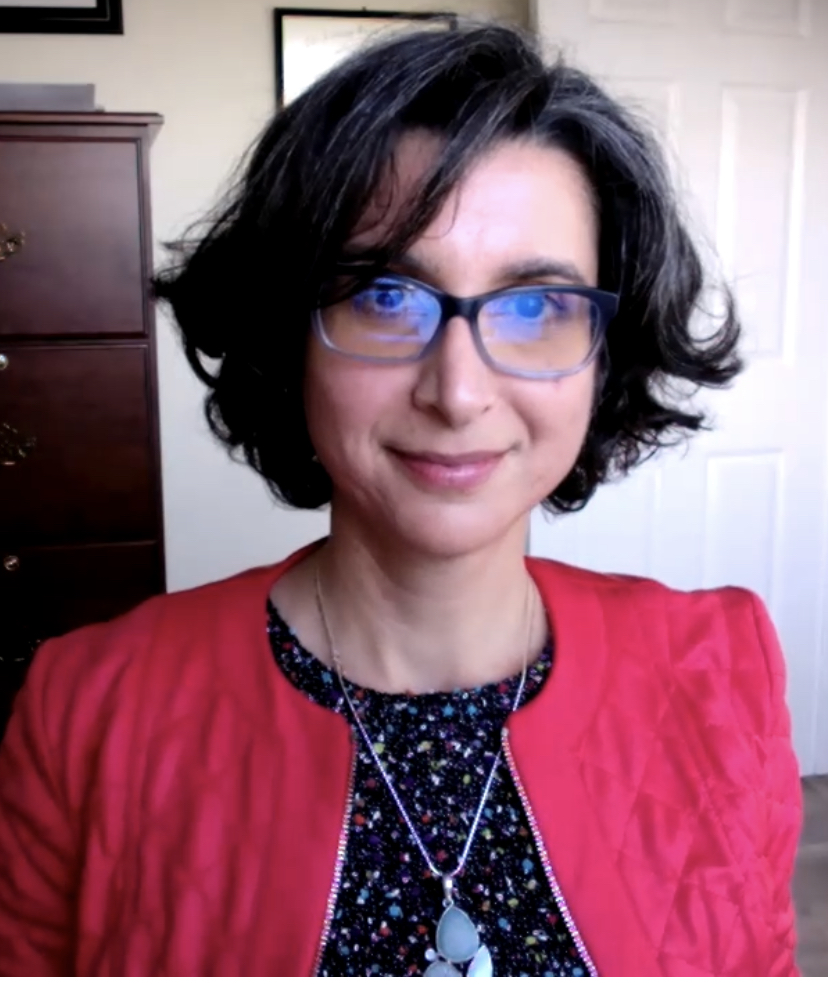
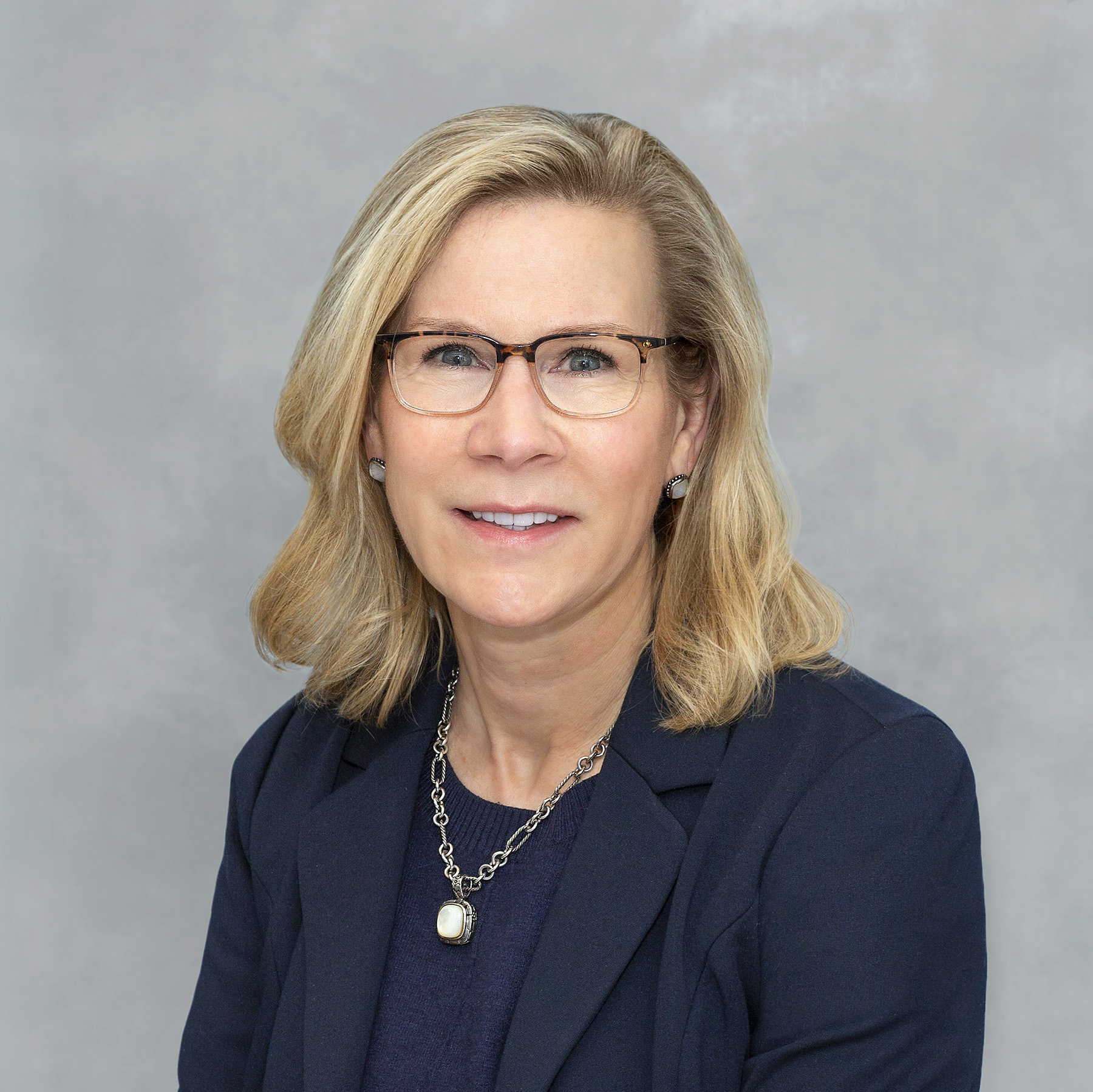
Moderators: Nadine Abi-Jaoudeh, MD, FSIR and Shellie C. Josephs, MD, FSIR
We are happy to present the Film Panel Plenary session at SIR 2023. Join us this year for a friendly FamIR Film Feud plenary session on Tuesday, March 7.
- 4 teams and 16 participants
- 3 rounds and 21 cases
- a friendly competition to bring education to the audience with cases in a different format.
Wednesday Closing Plenary Session with Abstracts of the Year and Best Poster recognition | March 8, 10:30 a.m. - noon
Presentation: Act Local, Think Global: IR and its role in Immuno-oncology
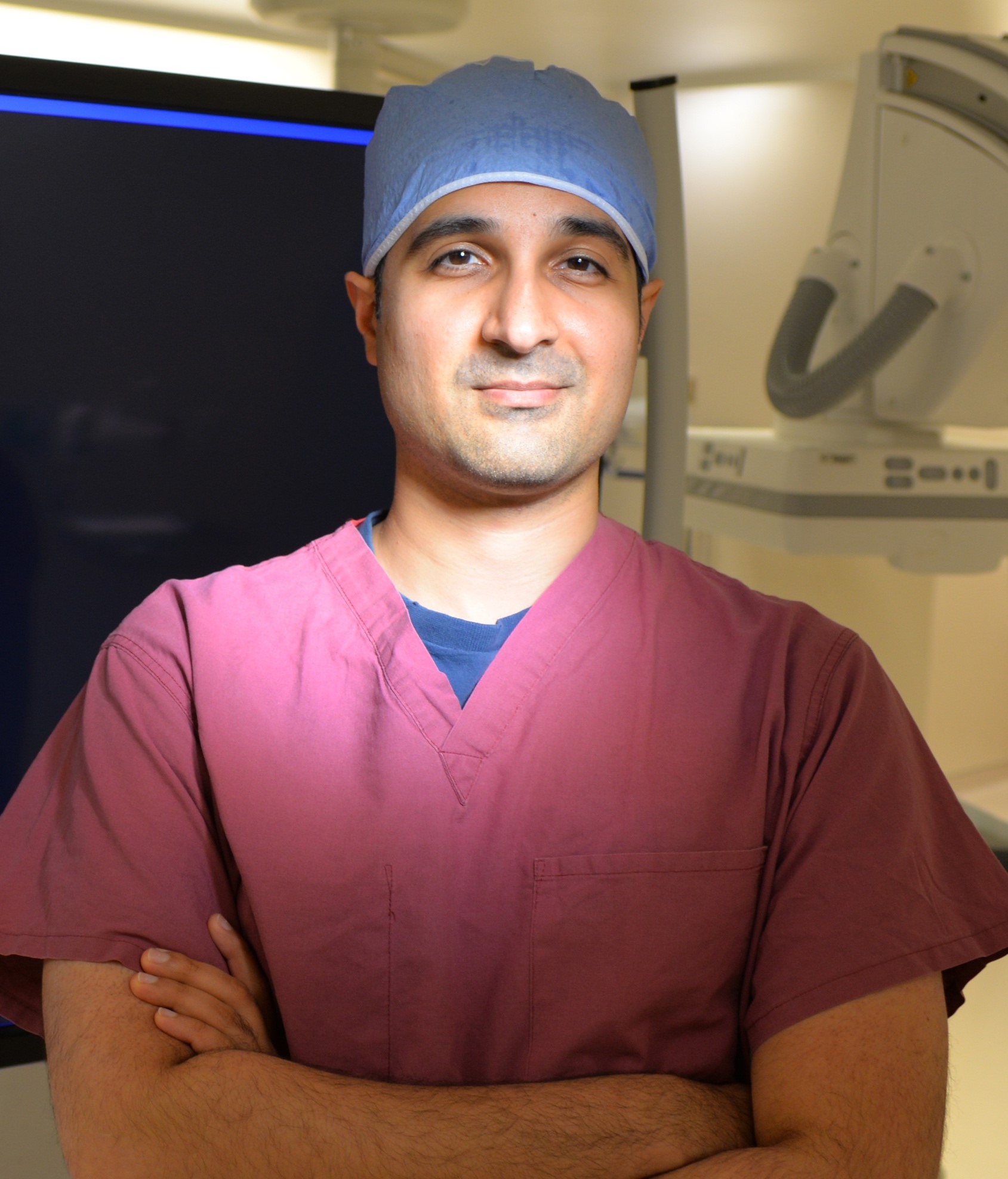
Moderators: Rahul A. Sheth, MD and Daniel C. Brown, MD
This plenary session will highlight the potential roles of Interventional Radiology in the contemporary era of Immuno-Oncology. While immunotherapy has revolutionized cancer care, there are substantial unmet needs for which IR is in many ways ideally suited to address. Topics addressed in this plenary session will include barriers to immune checkpoint inhibition and in particular the role of the liver and liver metastases in suppressing tumor immunity. Hot topics in immuno-oncology including cell-based therapies, novel targeted therapies, and intratumoral immunotherapies will also be discussed.
Panelists:
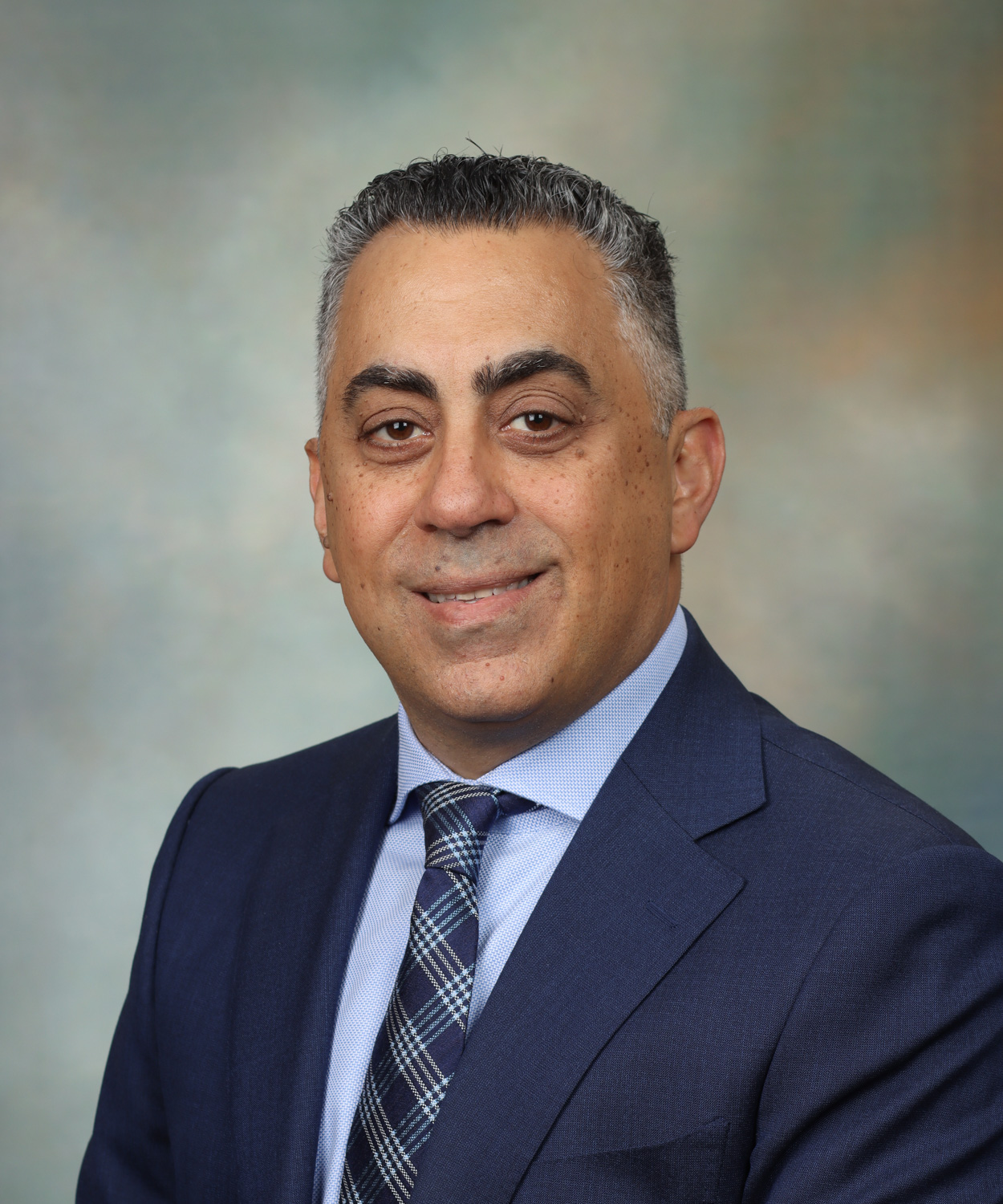
Tanios Bekaii-Saab, MD is a Professor of Medicine at the Mayo Clinic College of Medicine and Science, Leader of the Gastrointestinal Cancer Program and the Associate Director for Industry Relations and Clinical Trial Networks for the Enterprise-wide Mayo Clinic Cancer Center. He is the Chair for Medical Oncology for the Division of Hematology/Oncology at the Mayo Clinic in Phoenix, Arizona, USA. He is also the consortium chair for the ACCRU research Network. Additionally, Dr. Bekaii-Saab is the Mayo Clinic member for the NCCN Guidelines Steering Committee. Dr. Bekaii-Saab is currently the co-leader of the Hepatobiliary Cancer Sub-Committee of the Alliance for Clinical Trials in Oncology and the Vice-Chair for the National Cancer Institute’s Hepatobiliary Task Force. He is also the track leader for the ASCO Scientific Program Committee for Colorectal and Anal Cancers. He was previously at the Ohio State University – Arthur G. James Cancer Hospital and Solove Research Institute as a tenured professor of Medicine and Pharmacy, and Section Chief for the Gastrointestinal Cancer Program.
Dr. Bekaii-Saab, MD, conducts clinical and translational research focused on developing anticancer agents for patients with gastrointestinal cancers. Dr. Bekaii-Saab collaborates extensively with various scientists and industry partners to design and execute innovative clinical trials, including many first-in-human studies. Bekaii-Saab’s research includes a large focus on the incorporation of agents that target the multiple facets of cancer, including genetic and epigenetic drivers, as well as the feeding microenvironment and the immune milieu. His work includes two recent discoveries as co-inventor of a molecule that targets cancer-related cachexia (AR-42) and an anti-PD-1 vaccine (PD-Vaxx), which has resulted in licensing opportunities (under patents: US6387883B1, EP3600389A1, WO2019055687A1, ES2729619T3 and others). AR42 was licensed to Recursion. PD-Vaxx was licensed to imugene and is undergoing clinical development in with the recent launch of IMU-201-101_"B-Cell Immunotherapy, in Adults with Non-Small Cell Lung Cancer". Additionally, Dr. Bekaii-Saab’s research has also led to the launch of several phase II and III clinical trials, including but not limited to a recent trial with a cancer stem cell inhibitor in pancreatic cancer, the development of an FGFR inhibitor in bile duct cancers including a contribution to the regulatory approval of infigratinib and pemigatinib. He also contributed to the pivotal study that led to the regulatory approval of nanoliposomal irinotecan for treating pancreatic cancer.

Tullia C. Bruno, PhD is an Assistant Professor in the Department of Immunology at the University of Pittsburgh and a faculty member in the Tumor Microenvironment Center and the Cancer Immunology and Immunotherapy Program at the UPMC Hillman Cancer Center. She obtained her PhD in Immunology from Johns Hopkins in 2010 and completed her postdoctoral fellowship at the University of Colorado in 2015—both with a focus in tumor immunology.
While Dr. Bruno’s PhD training focused on inhibitory receptors on intratumoral T cells, she became interested in the role of B cells and tertiary lymphoid structures (TLS) in the tumor microenvironment (TME) during her postdoctoral fellowship and has built her independent research program around understanding intratumoral B cell and TLS function in multiple human cancers.
Dr. Bruno’s research lab has an overt focus on studying immunity within cancer patients, which makes her research highly translational with the potential for future clinical trials targeting B cells. Thus, Dr. Bruno’s overall research objective is to develop a B cell-specific immunotherapy in the next five to ten years. Dr. Bruno is actively involved in the UPMC Hillman community, and is an advocate for women in science, as is evidenced by her current role as chair of the UPMC Hillman Women's Initiatives Taskforce and her contributions to the Society of Immunotherapy's Women in Immunotherapy group.

Donna R. Cryer, JD, is Founder and Chief Executive Officer of Global Liver Institute (GLI), the premier patient-driven liver health nonprofit operating with offices and partnerships across five continents. Moved by her own experience as a 28-year liver transplant recipient, Mrs. Cryer serves as a fierce advocate for the transformative potential of patient engagement in health policy, research, data, and system design.
Through GLI, Mrs. Cryer has raised more than $10 million for liver health initiatives and convenes more than 200 organizations within the liver cancers, nonalcoholic steatohepatitis (NASH), pediatric and rare liver diseases, and general liver health communities across GLI’s Councils and its Liver Action Network, facilitating collaborative multi-stakeholder agenda setting and bringing accountability to innovation, regulation, and adoption of best practices to optimize outcomes.
Her expertise and effectiveness in advancing the voice of patients in defining and designing equitable healthcare has been recognized by the United States Congress and the White House. In 2021 Mrs. Cryer received both the Global Genes RARE Champions of Hope Founder’s Award and the American Association for the Study of the Liver (AASLD) Distinguished Advocacy Service Award. She has been named one of the Top Blacks in Healthcare by the Milken Institute at the George Washington University School of Public Health and BlackDoctors.org, one of the Top 10 Patients Who Make An Impact by Health 2.0, and one of PharmaVoice’s 100 Most Inspiring People.
Mrs. Cryer serves on the Boards of Directors for the Council of Medical Specialty Societies (CMSS), Sibley Memorial Hospital/Johns Hopkins Medicine, and the Color of Crohns and Chronic Illness (COCCI). She also serves on the Executive Committee for the Clinical Trials Transformation Initiative and the Board of Advisors for ChronWell, Inc, a digital health and therapeutics company. She was the first patient to serve on the American Board of Internal Medicine Gastroenterology Specialty Board, was one of the founding members of the AASLD Patient Advisory Committee, and is the Community Representative on the AASLD NASH Task Force.
Mrs. Cryer makes frequent appearances on broadcast media and podcasts; on platforms such as The Washington Post Live, SXSW, and The Atlantic; and speaks at top healthcare and business conferences including Biotechnology Innovation Organization (BIO), Pharmaceutical Research and Manufacturers of America (PhRMA), America's Health Insurance Plans (AHIP), National Minority Quality Forum (NMQF), National Comprehensive Cancer Network® (NCCN), and the National Academy of Medicine (NAM).
Mrs. Cryer received an undergraduate degree from Harvard and a Juris Doctorate from the Georgetown University Law Center.
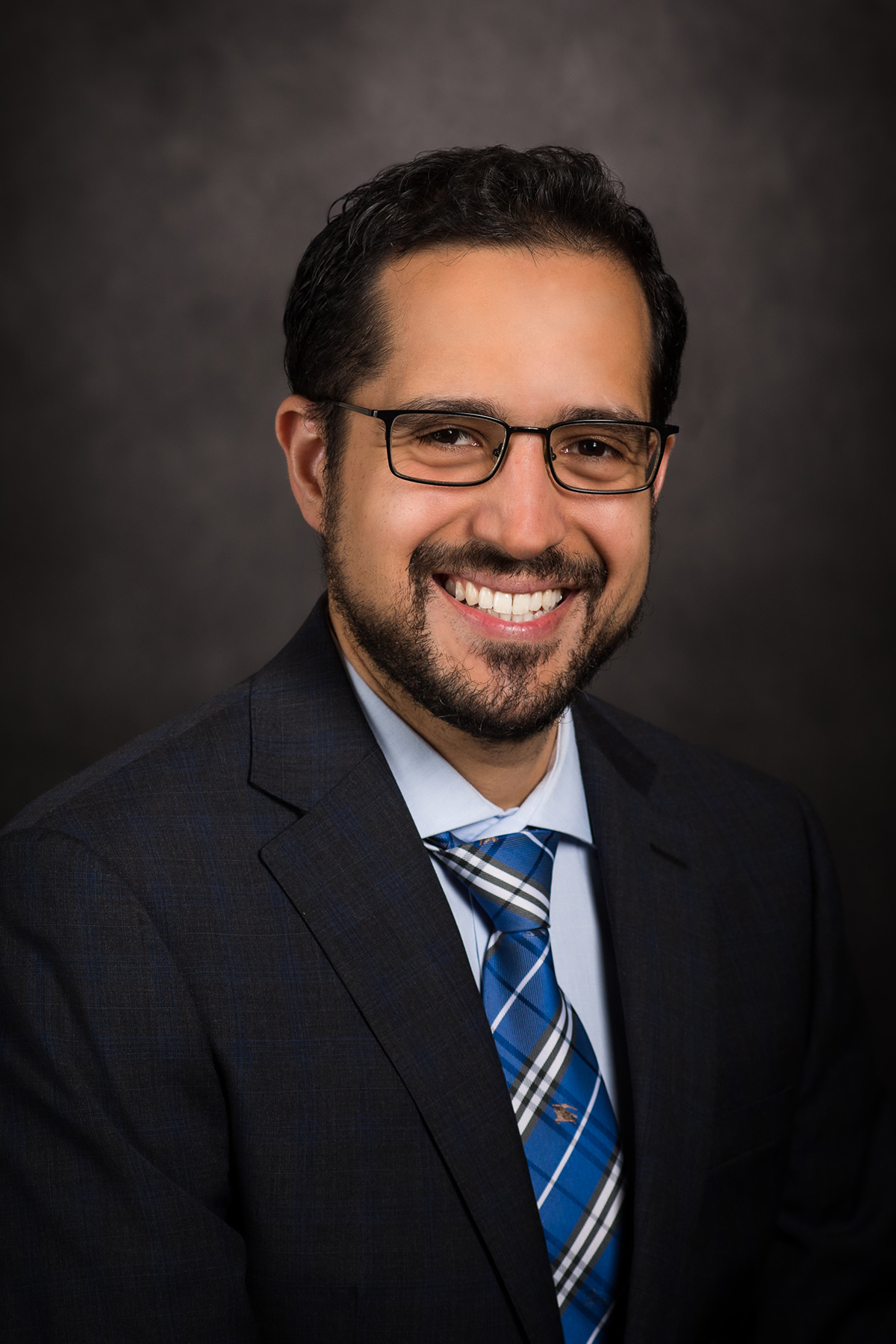
Pavlos Msaouel, MD, PhD is a physician-scientist dedicated to translational research for genitourinary malignancies. His clinical interests are in the treatment of patients with renal cell carcinomas, with a particular emphasis on rare variants such as renal medullary carcinoma. His laboratory focuses on elucidating the pathogenesis and identifying targetable vulnerabilities for renal cell carcinoma subtypes. He is the PI of several completed and ongoing investigator-initiated clinical trials. His methodology research involves developing and implementing novel clinical trial designs and data analysis approaches that anticipate and model patient heterogeneity at the population- and individual- levels.
This session is provided by the Society of Interventional Radiology, in collaboration with the Society for Immunotherapy of Cancer.

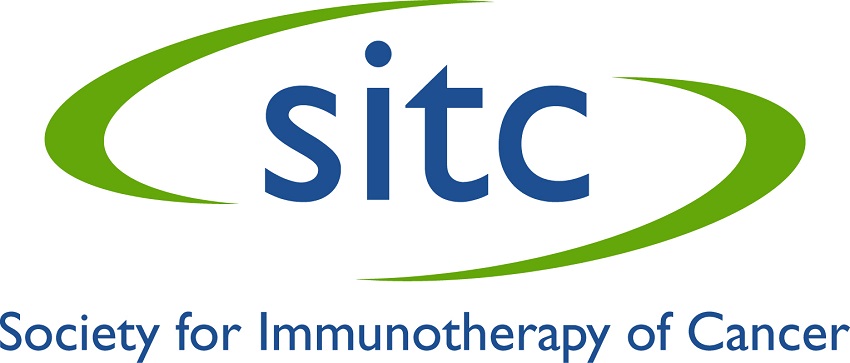

.png)
.png)
.png)
.jpg)
.png)
.png)
.jpg)
.jpg)
.png)